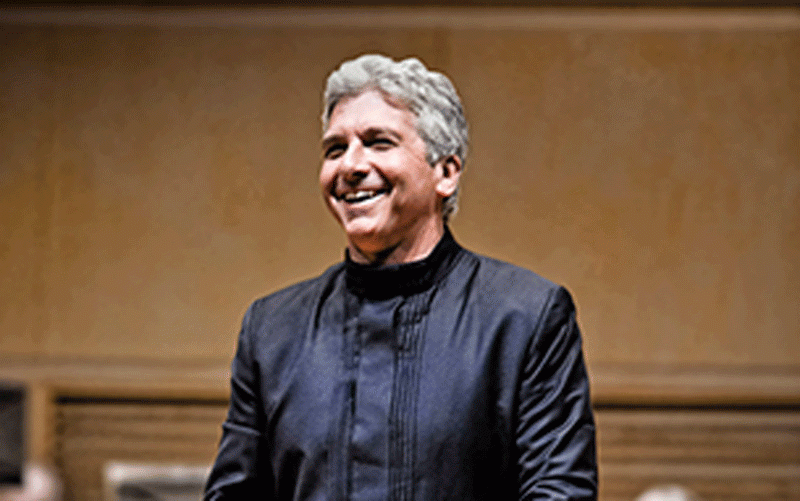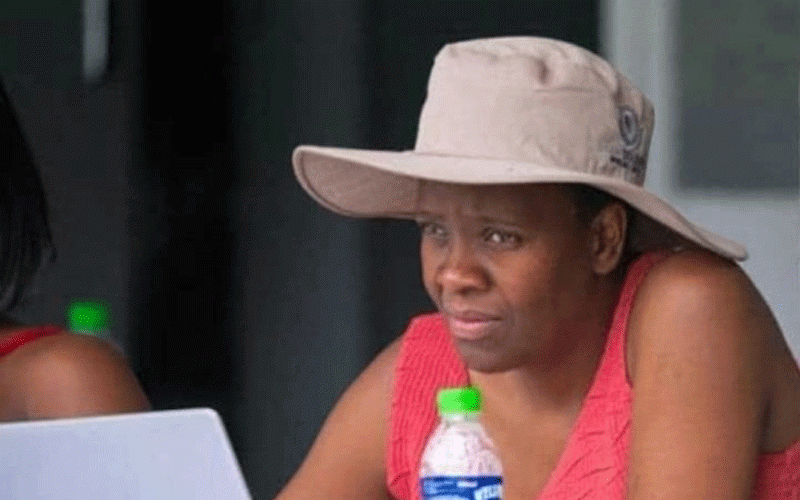
ZIMBABWE cricket captain Prosper Utseya is such a reserved character that when he was appointed two years ago, those who knew him wondered how he would deal with the demands of being captain in a game so obsessed with perception and the media.
But it is very clear now that he is getting to grips with captaincy. His confidence on the field and off it keeps growing and his articulation is better.
This week the off-spinner opened up in an interview with IndependentSport on the forthcoming national team assignments, on Test cricket, on the new coach and on team performance.
At 23, Utseya is the youngest captain in the world, although now older and much more experienced than when he made his only Test appearance as a 19-year-old against Sri Lanka in 2004. Thrust into captaincy for the first time in 2006, he has had to grow in it.
“It’s been a challenge,” he said. “I’ve been trying to be consistent. But then we keep losing players and the team keeps changing, so it has been a little difficult. But on my part I’ve been trying to concentrate on things that I can control.”
In the next few days Zimbabwe will be setting off for two tours, a Twenty20 Canada Cup event in Toronto and an ODI triangular tournament in Kenya with the hosts and Ireland. In Canada they will play hosts, Sri Lanka and Pakistan.
- Chamisa under fire over US$120K donation
- Mavhunga puts DeMbare into Chibuku quarterfinals
- Pension funds bet on Cabora Bassa oilfields
- Councils defy govt fire tender directive
Keep Reading
“The Canada Cup was on short notice so we are mainly focusing on the Kenya tournament. The Canada Cup will be good preparation for Kenya although the conditions will be different. But in terms of playing cricket it will be good.”
In Kenya, Utseya and his team will come up against two of the strongest ICC associate countries who feel they are currently playing better cricket than the Zimbabweans and therefore better deserving of superior ICC recognition.
“Yes they will (Kenya and Ireland) want to prove a point,” Utseya said. “We must take it as a challenge. We need to keep it simple…thrash them and silence them. For the past three months we have been preparing hard for this. I can safely say we are ready.”
Utseya demanded polished performances from his team-mates, especially the senior members of the team.
“I think (the) guys need to be consistent and play to win all the time,” he said. “If we can get all the senior guys averaging 40 plus in both tournaments we will come right. The senior guys will also be useful in the field. I will need their help. To be a good captain you need to ask for their advice and they should in turn give you good advice.”
He also spoke about new coach Walter Chawaguta and his working relationship with him which dates back a decade.
“I’ve known Walter since primary school at Chipembere and when I went to Churchill he was there as well. He coached me at the national Under 19 level. And when Robin Brown was the coach Walter was assistant. So nothing has changed.”
Having only played one Test match, his debut against Sri Lanka, Utseya is itching for another chance at this stage of the game.
“I think we’ve got guys who can play Test cricket, I don’t think anyone can doubt that,” he said. “But we don’t play as many games as we should. If we have a programme that’s always fulfilled we won’t have problems. Like now we last played international cricket in February. The situation is different because we don’t know when we will have games. We need to play as many games as we can. If we play more often then the guys will be ready.”
After the Canada and Kenya tours, Sri Lanka will arrive in Zimbabwe at the end of November for a four-day match and five ODIs.
Said Utseya: “It’s a good thing we are playing Sri Lanka in Canada. We will get a feel of their spinners, especially Muralitharan. We always play better at home and I think we will make use of the home advantage. We will throw caution to the wind and hope to get a good result.”
By Enock Muchinjo











